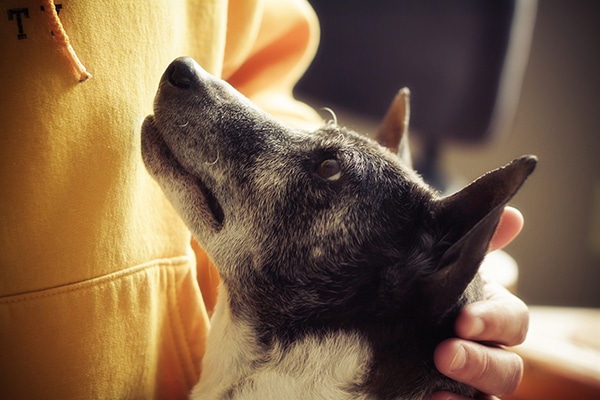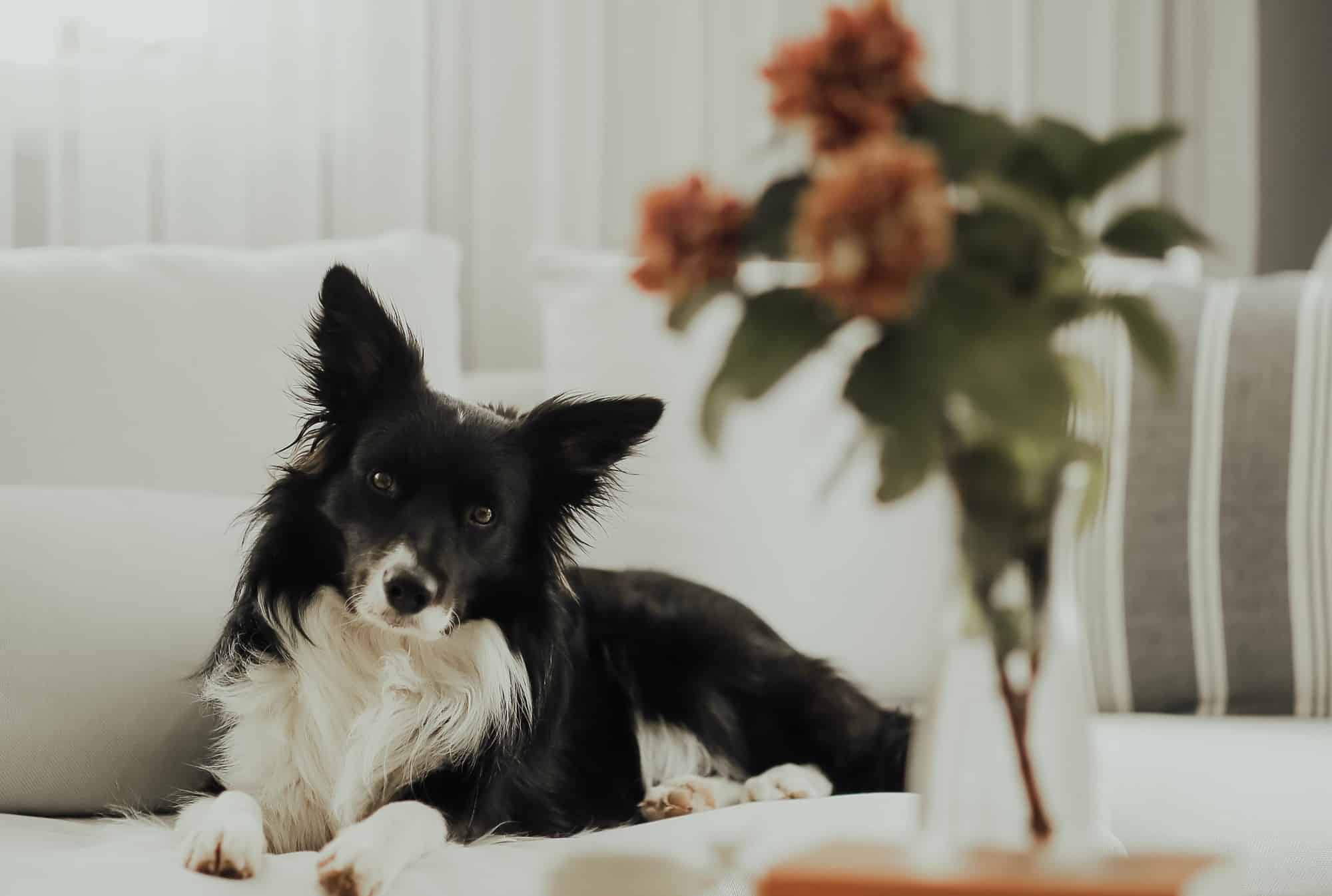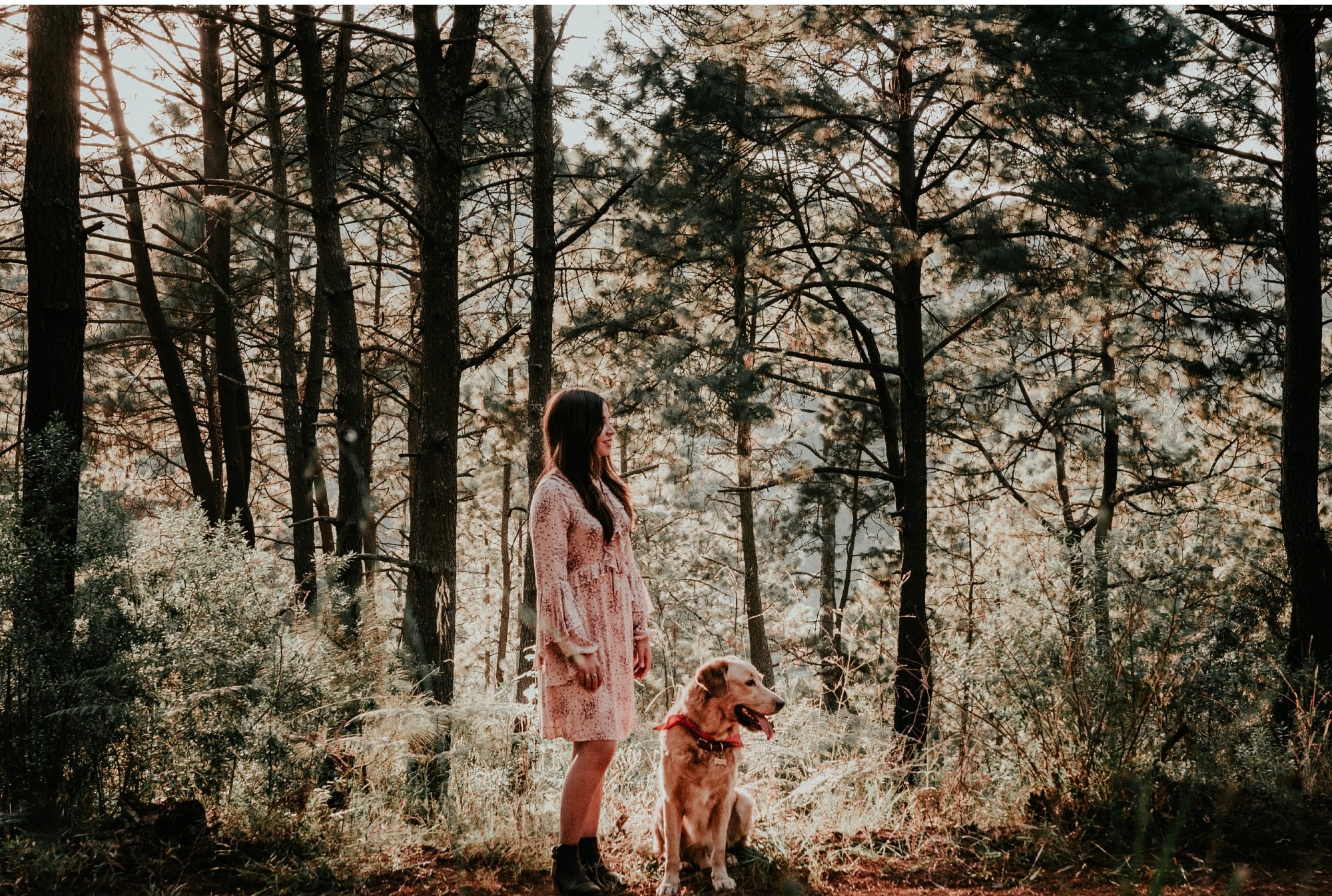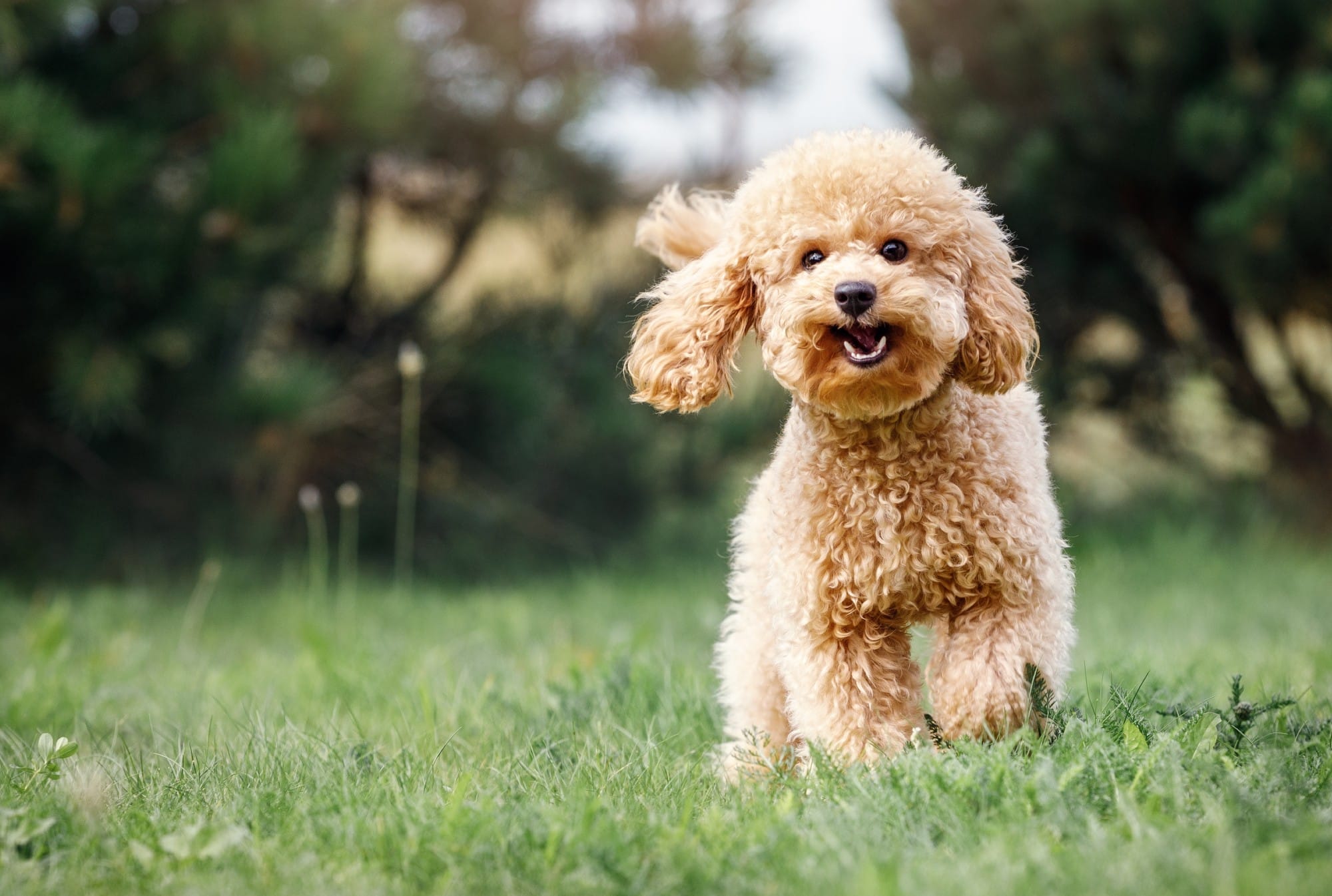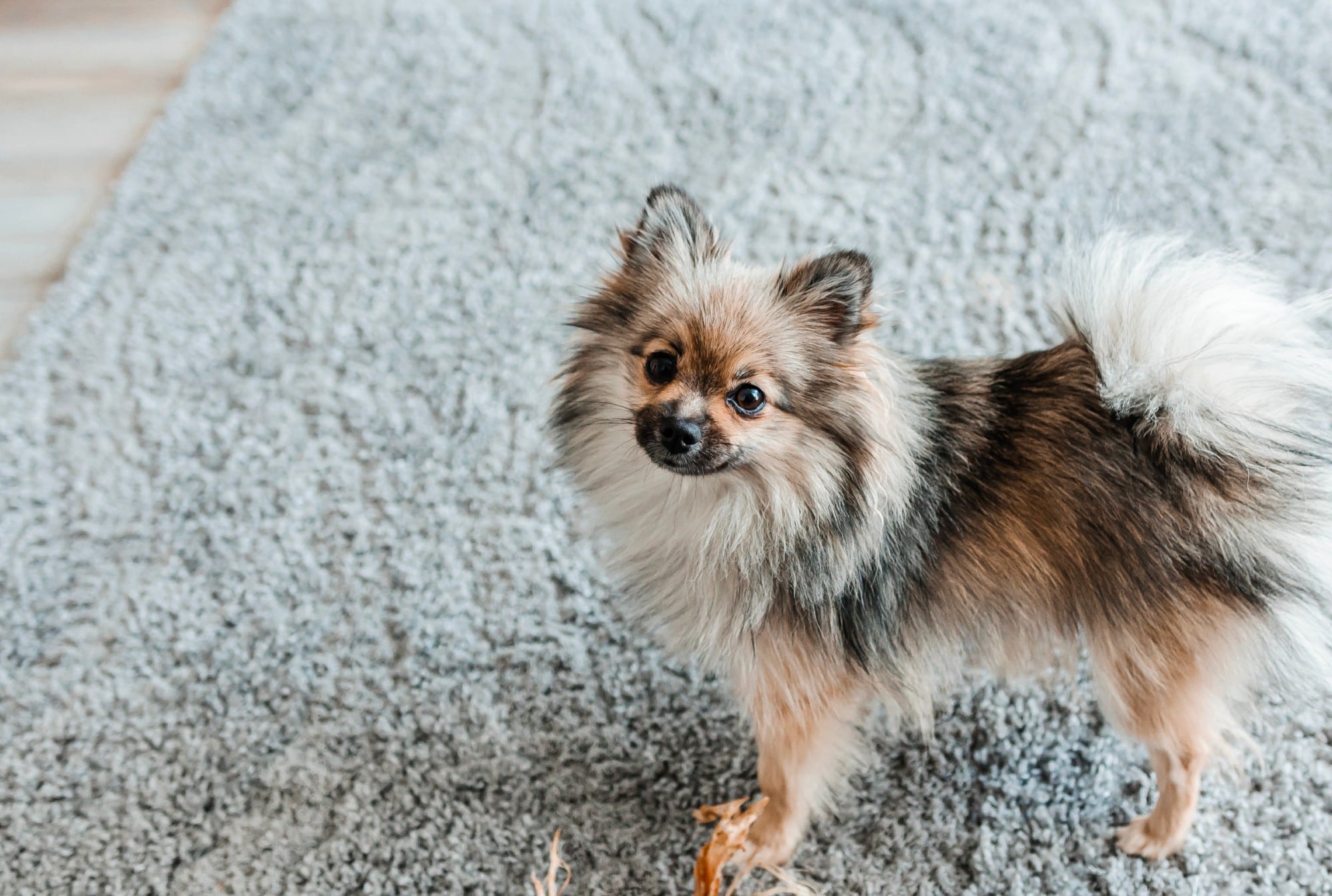One of the hardest aspects of dog ownership is watching your best friend get old.
Every dog displays signs of aging differently.Most people first notice it as their dog’s hair begins to gray around the muzzle or perhaps they begin to lose a step and move a bit slower, but there are other indications too.
My last dog was a huge, 140-pound Dogo Argentino. His coat was a beautiful, shiny white, so I didn’t notice any graying of his hair. My first indication that he was getting older was the day he didn’t greet me at the front door. I found him completely passed out on his back in the middle of my bed, feet sticking straight up. So much for my rugged guard dog that used to snarl behind the door anytime a stranger approached. This was the beginning of his golden years.
Related: Owners Share the Special Bond They Have With Their Senior Dogs in New Book
It was tough watching him slowly get older and knowing there was nothing I could do about it. If I couldn’t turn back time, I was determined to make the most of our remaining years together.
So if we can’t stop our dogs from getting older, what can we do? After doing everything you can to give your dog the best and longest life possible — exercise, a healthy diet, good medical care and lots of love — the only other thing left is to adjust to his new needs.
Here are a few tips on keeping your old dog healthy
1. Keep their weight down.
Being overweight adds a ton of stress to your dog’s body. It is rough on their joints and internal organs. It also causes them to be more lethargic which leads to an overall degeneration of their body. Keeping them to a healthy weight is key for every stage of their life but especially the golden years.
2. Give them plenty of exercise.
Just like humans, giving your little pal plenty of exercise helps to keep them healthy — mentally and physically. It also keeps their weight down,so you two can keep doing your favorite activities together longer.
You just may need to adjust HOW you exercise your dog. For example, instead of going on an hour walk, you may need to do three short 20-minute walks.
3. Feed them a quality senior dog food.
A good quality senior dog food will have a lot of supplements to help them fight the signs of aging and allow them to keep active longer. Each elderly dog will have their own specific supplement requirement. If your dog has arthritis, look for a senior dog food that includes glucosamine and chondroitin which helps cartilage growth and supports joints. Some also have added levels of vitamin C and E which can improve memory function in aging dogs. Check with your vet before giving them additional supplements though as high levels of certain nutrients can actually be harmful.
Related: 10 Reasons Why Senior Dogs Are So Unbelievably Awesome
4. Schedule regular checkups.
As your best friend ages, he or she will become more susceptible to a number of diseases and degenerative conditions. A lot of people just contribute their old dog acting differently to aging, but it could be a sign of a serious health condition that needs to be addressed. If your dog suddenly begins to lose weight, starts eating less or begins to lose their hair, you should take them to your vet to get checked out. It might not just be old age.
Other signs to watch out for are sudden onset of lethargy, increased urination, a bloated look to their belly or unusual bumps and growths.
5. Continue letting them do the things they love.
Just because your little sidekick is getting older, it doesn’t mean they will stop enjoying their favorite things, you just might have to do them a little differently.
For instance, if your dog loves to play fetch, don’t stop just because they are old and running is getting harder. Find ways to do it that causes less stress to their body. Don’t throw the toy as far or switch up the location: take them to a sandy beach where they can still run without the heavy impact on their joints. Or if your dog loves to swim, but it’s getting harder to stay afloat, buy them a life jacket or hold them up under their belly while they paddle. Look for creative ways to allow your dog to continue doing the things they love even as they age. (moved)
6. Consider getting them a friend.
This one can be touchy. It’s good for some dogs but not for others. If your dog has been living in a single dog household their whole life, it’s probably a bad idea. On the other hand, if you find yourself in a situation where you had two dogs and one of them passed away already, it might do wonders to give your dog another friend to play with.
If you are considering bringing in another dog, make sure you do your research. Also, have your dog meet the possible new friend first. This should be at a neutral setting where your senior pooch doesn’t feel threatened by a new dog taking over their territory. When you do the introduction, look for positive signs: wagging tail, sniffing and relaxed stance.
Above all else, one of the best things you can do for you aging buddy is to continue giving them lots of love and support. Don’t ever yell at them because of something they can’t control. Even in their old age, the thing they want most in life is to please you.
Related: Photographer Captures the Beauty of Dogs Aging in Stunning Portraits













